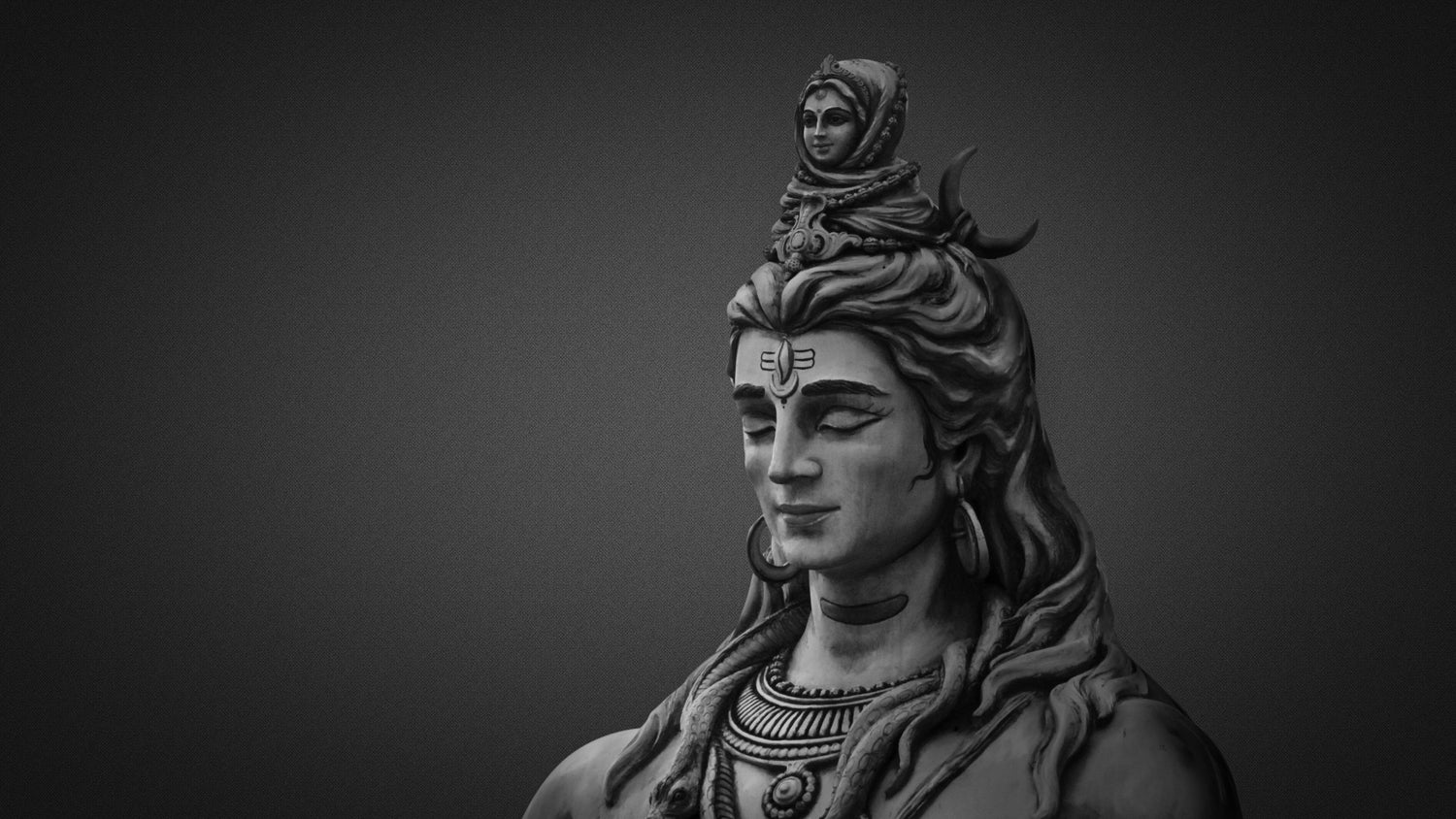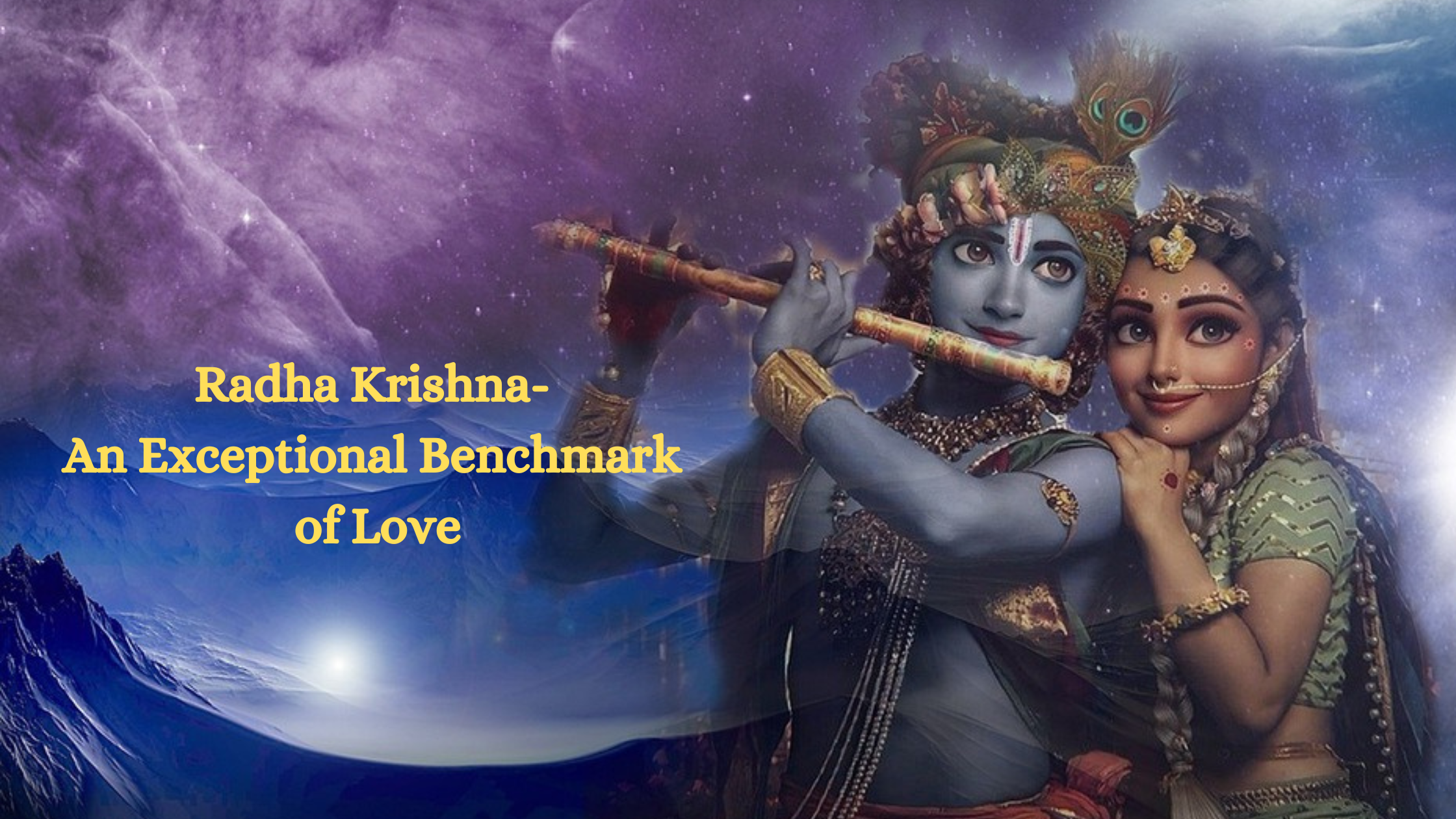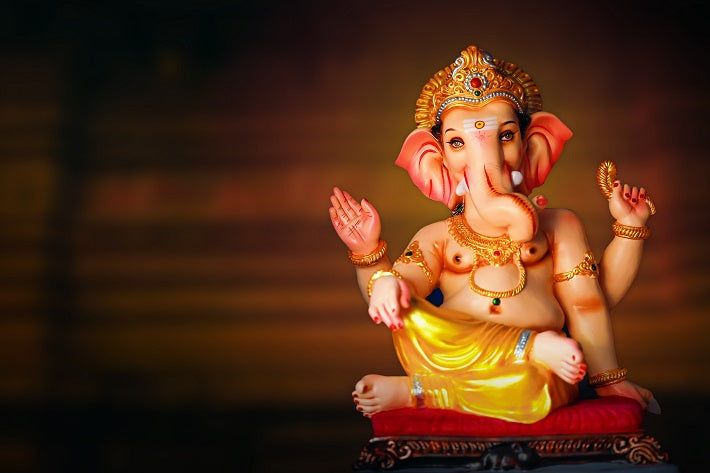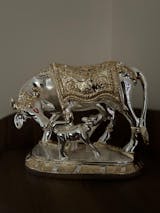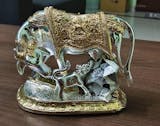Hinduism is considered a vast and diverse phenomenal religion with an enormous assemblage of gods and goddesses that are differentiated based on their unique characteristics and attributes. And the power of gods depends upon the people’s beliefs and capacity to influence people. Based on various interpretations, every deity is said to have a different kind of power and ability. It becomes the reason for people worshiping god based on different intentions. But do you know the most powerful god in Hinduism?
Like the famous Smith Wigglesworth said, “The power of God is sufficient, to empower anyone for a prosperous future”.
The definition of power is to have the capacity to do something. It always remains a pushing force or an answer behind every action of an individual since the birth of a human. It doesn't matter what religion it is, gods are also not immune to it. Even though there is no change in believing in the power of god, it becomes hard to rank the deities based on their powers. However, by reading this blog, you will get an idea about the most powerful god in Hinduism.
5 Most Powerful Gods in Hinduism
Let's dive deeper to list down the most powerful god in the world of Hinduism.
Lord Shiva
Being the supreme god in Hinduism, lord Shiva is considered a significant deity and the most powerful god in the Hindu religion. He is known as the god of transformation with a wide range of devotees across and outside India. The translation of lord shiva is cleaning and destroying. Lord Shiva is known by various names such as Mahadeva, Bhairava, Vishwanath, Bhole Nath, Pahsupati, and more. Depicting both creative and destructive aspects, lord shiva is said to have a third eye of knowledge and sight.
You might have seen the statue of Nataraja used as a significance in dance. Do you know what Nataraja symbolizes? It is an exceptional invention representing lord Shiva and his ability as a creator, destroyer and preserver along with the Indian culture. The reason why lord shiva is related to Nataraja is because lord shiva is said to be the lord of dance. Due to his irreplaceable significance and power, there are enormous followers who worship lord shiva by visiting various temples and placing idols in their homes.
Lord Vishnu
Lord Vishnu is also one of the most powerful gods in the world and is said to be the preserver of the universe. Unlike lord Shiva, lord vishnu is one-third of the holy trinity and is said to be the protector of the universe.
You might have seen many images of lord Vishnu lying on the serpent Sheshnag. Yes, he is believed to reside in the Kshir Sagar ocean and lying on a serpent. Known for various incarnations, he is said to be the deity, responsible for safeguarding the universe from evil. Hindu mythologies state about ten avatars of lord Vishnu when the world is threatened by evil. Lord Rama and Lord Krishna are famous incarnations of lord Vishnu in Hinduism.
Lord Ganesha
Lord Ganesha is the son of lord Shiva and Goddess Parvati and plays a pivotal role in Hindu mythology. Signifying the Buddhist traits of knowledge, prosperity and spirituality, the lord Ganesha is one of the most powerful gods in Hinduism.
The lord Ganesha has several names such as Ganapati and Vinayaka. The god is depicted as a human with an elephant head and is recognised easily as a god in Hinduism. Based on the Hindu mythologies, lord Ganesha rides on a mouse. Due to his wisdom, lord Ganesha is revered by most devotees. Being one of the most powerful gods, he is said to bring good luck to humans. Vinayaka Chaturthi is a famous festival celebrated in India to commemorate the birth of lord Ganesha.
Lord Hanuman
Lord Hanuman is one of the powerful deities playing a pivotal role in the epic Ramayan. Being the son of the deity Pawan, he is famous for his unfaltering devotion towards lord Rama. Lord Hanuman is depicted as a monkey-faced lord reflecting love, strength, compassion and devotion.
Lord Hanuman has proved his strength and magical powers in many astonishing ways in the Hindu mythologies. He is said to have the power to change himself into as small as a mole and as large as he can touch the sky. He saved lord Rama’s brother Laxman by carrying the whole mountain of Sanjiwani Bhuti, which is one of the well-known stories depicting the power of lord Hanuman.
Unlike other gods in the mythologies, Lord Hanuman is a Brahmachari. Lord Hanuman has made his decision to devote his life to Lord Rama. He reincarnated to Panchamukhi Hanuman to defeat Mahiravana. Lord Hanuman is worshipped on Tuesdays by many devotees.
Also, read about Ram Navmi.
Lord Brahma
Being considered the creator of the universe, lord Brahma plays a crucial role in Hindu mythology. He is said to live in Brahmaloka, which is a heavenly region in Hinduism. In Vedic mythology, lord Brahma is depicted as Prajapati. It is believed he was born from a lotus that embarked from lord Vishnu’s stomach.
With four faces, facing different directions, lord Brahma signifies omniscience. There are many depictions of lord Brahma holding a book, prayer beads, etc., which we can see through many idols and art. Believing his work related to the creation of the universe is done, most people worship lord Shiva and lord Vishnu.
Frequently Asked Questions
Who are the supreme god of the Universe?
Lord Brahma, lord Shiva, and lord Ganesha are the supreme gods of the universe.
Is lord Krishna an avatar of lord Vishnu?
Yes, lord Krishna is an avatar of lord Vishnu who has played a significant role in Hindu mythology such as Mahabharata, especially in the battle of Kurukshetra.
Explore More about the History and Insights of Powerful God in Hinduism
Hinduism is a religion that is rich in enormous gods and goddesses depicting various stories in mythologies and powers. Based on their powers and significance, the opinions of devotees vary about the god and goddess. There are more revered deities in Hinduism known for their powers like God Krishna, Goddess Durga, etc. People worship specific deities by visiting temples and placing their idols in their homes. These deeply rooted beliefs in the stories and mythologies are the reason behind diverse cultural practices and traditions in Hinduism.

